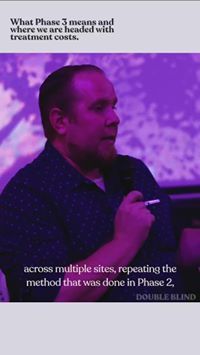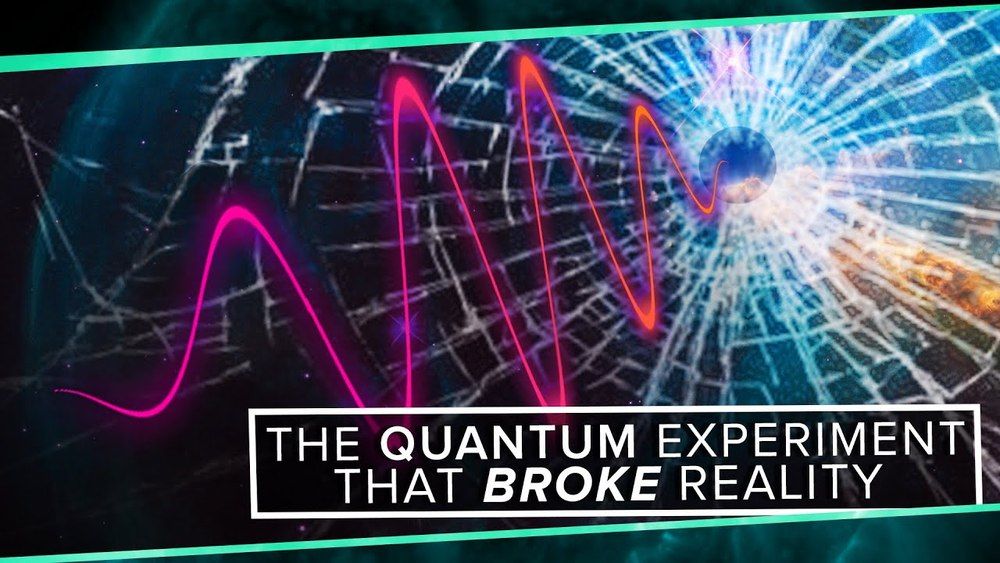Jan 2, 2020
Beethoven’s unfinished tenth symphony to be completed by artificial intelligence
Posted by Dan Kummer in categories: employment, media & arts, robotics/AI
Interesting. And, for those who swear AI will never take the creative jobs.
Interesting. And, for those who swear AI will never take the creative jobs.
The U.S. Army this week has banned TikTok from government-owned devices as scrutiny over the platform’s relationship with China grows.
Forecasters predict near-ideal weather conditions Monday night for the first launch at Cape Canaveral this year, when SpaceX plans to send another 60 Starlink broadband satellites into orbit atop a Falcon 9 rocket.
FULL STORY: https://spaceflightnow.com/2020/01/02/good-weather-predicted…h-of-2020/
Elon Musk’s rocket company SpaceX is kicking off the new year with an ultra busy month of tests and missions, including a major test for the company’s first crewed mission to fly NASA astronauts to and back from the International Space Station (ISS).
To drum up hype ahead of the big day, Musk posted a simulated video on Monday showing how the eventual manned launch will look.
SEE ALSO: Why Nobel Prize-Winning Scientists Universally Oppose Moving to Mars.
This year birthed some of the most mind-bending military tech we’ve ever seen.
Whether you’re a war hawk or a pacifist, it’s hard to deny the last year’s mind-bending advances in warfare technology.

Any FDA-approved drug must first pass through three phases of development, to show safety and efficacy. At our launch party, Dr. Cole Marta, a principal investigator at the Multidisciplinary Association for Psychedelic Studies (MAPS) Los Angeles MDMA phase 3 study site, explains the process of drug development and what happens after a drug gets to market, including factors such as cost to the patient and insurance coverage. How would *you* like to see psychedelic medicines legally come to market?
The accelerator-on-a-chip demonstrated in Science is just a prototype, but Vuckovic said its design and fabrication techniques can be scaled up to deliver particle beams accelerated enough to perform cutting-edge experiments in chemistry, materials science and biological discovery that don’t require the power of a massive accelerator.
“The largest accelerators are like powerful telescopes. There are only a few in the world and scientists must come to places like SLAC to use them,” Vuckovic said. “We want to miniaturize accelerator technology in a way that makes it a more accessible research tool.”
Team members liken their approach to the way that computing evolved from the mainframe to the smaller but still useful PC. Accelerator-on-a-chip technology could also lead to new cancer radiation therapies, said physicist Robert Byer, a co-author of the Science paper. Again, it’s a matter of size.
Continue reading “Researchers build a particle accelerator that fits on a chip” »
Researchers believe they have identified specific neurons that are responsible for conscious awareness. Previous studies have implicated both thalamocortical circuits and cortico-cortico circuits in consciousness. The new study reports these networks intersect via L5p neurons. Directly activating L5p neurons made mice react to weaker sensory stimuli. The researchers say if consciousness requires L5p neurons, all brain activity without them must be unconscious.

Quantum computers, quantum cryptography and quantum (insert name here) are often in the news these days. Articles about them inevitably refer to entanglement, a property of quantum physics that makes all these magical devices possible.
Einstein called entanglement “spooky action at a distance,” a name that has stuck and become increasingly popular. Beyond just building better quantum computers, understanding and harnessing entanglement is also useful in other ways.
Continue reading “Remote connections? Detangling entanglement in quantum physics” »
